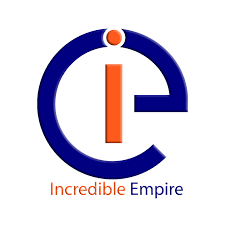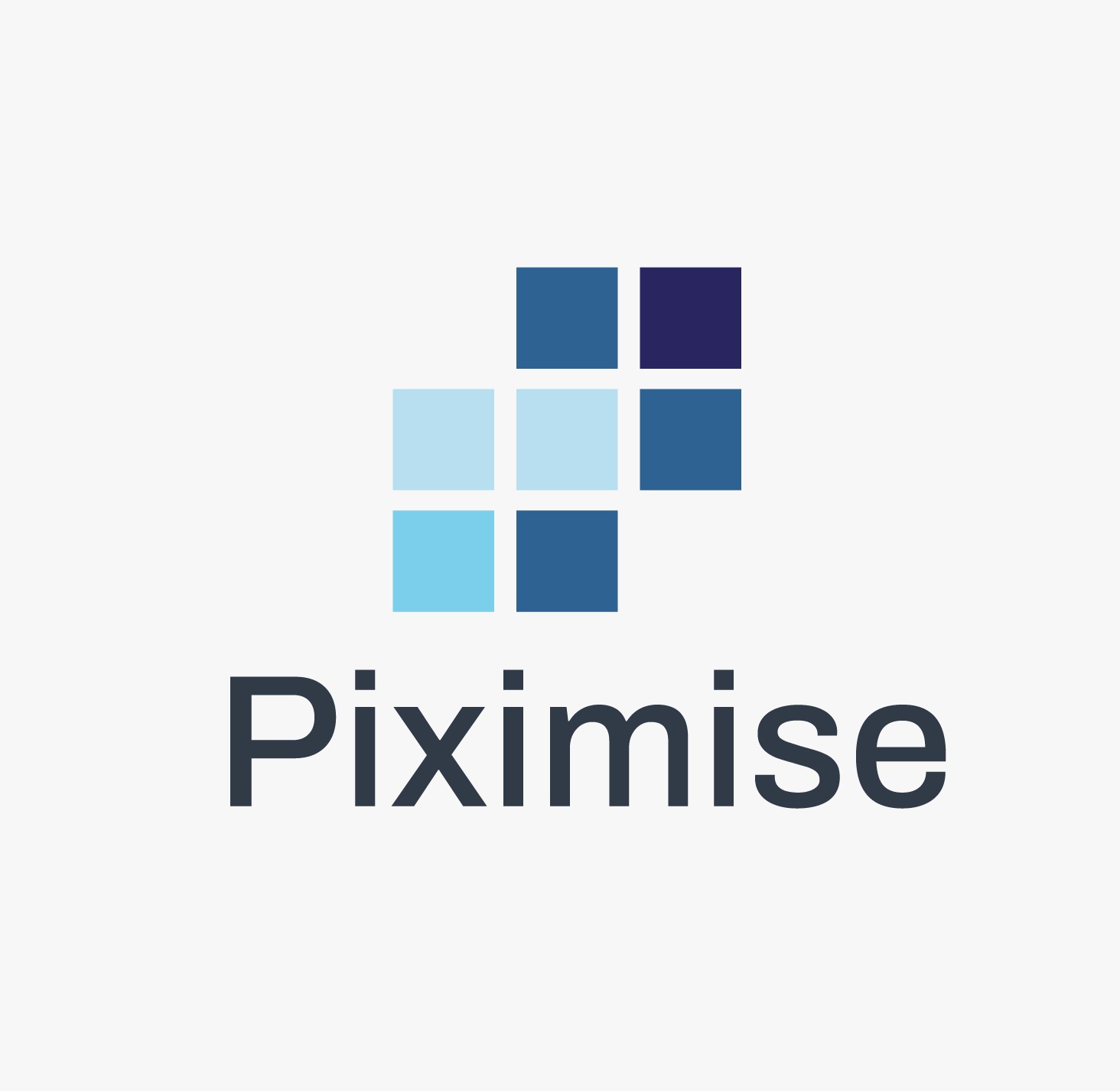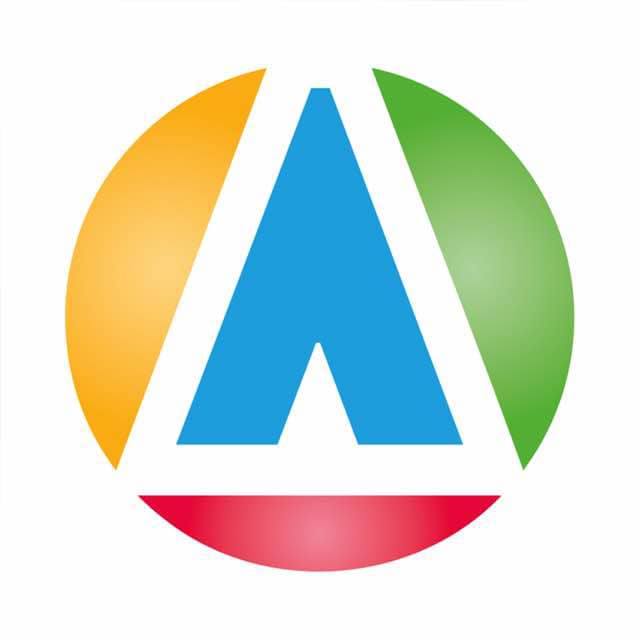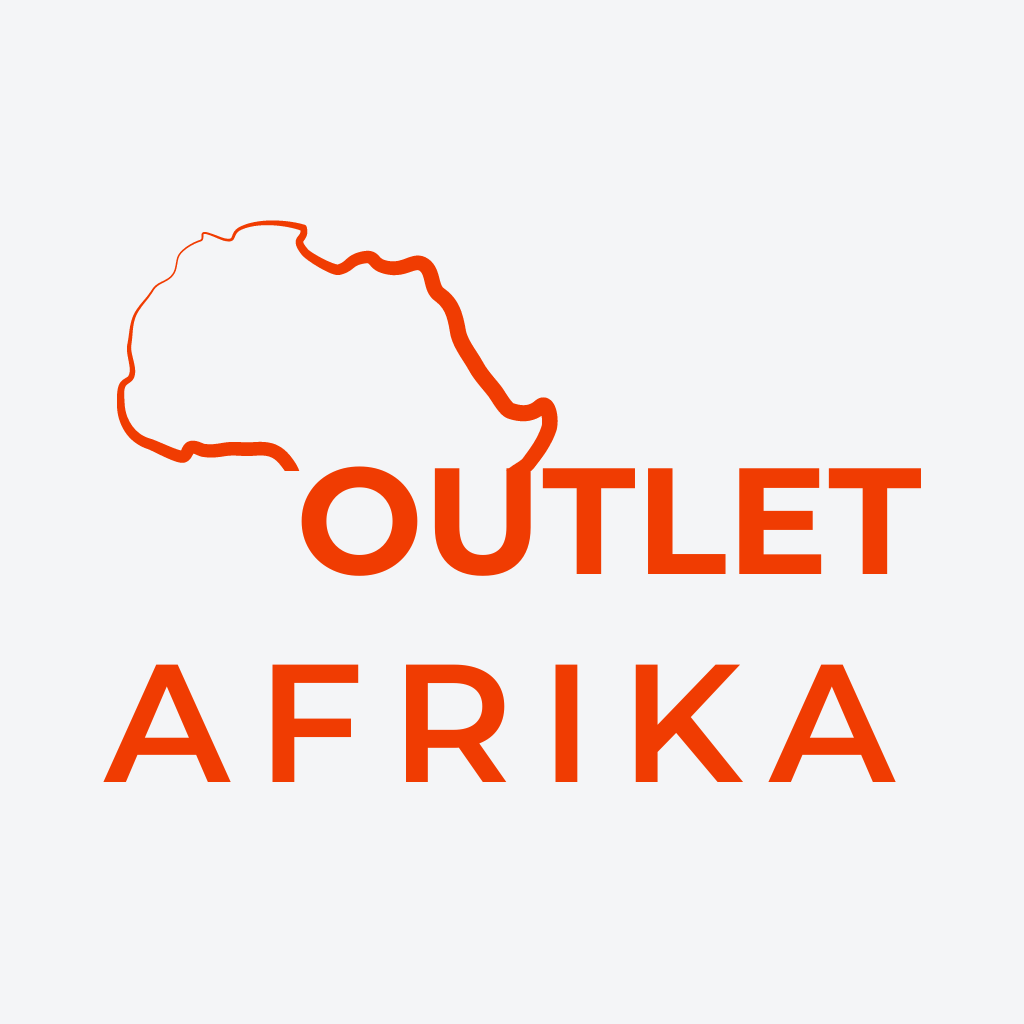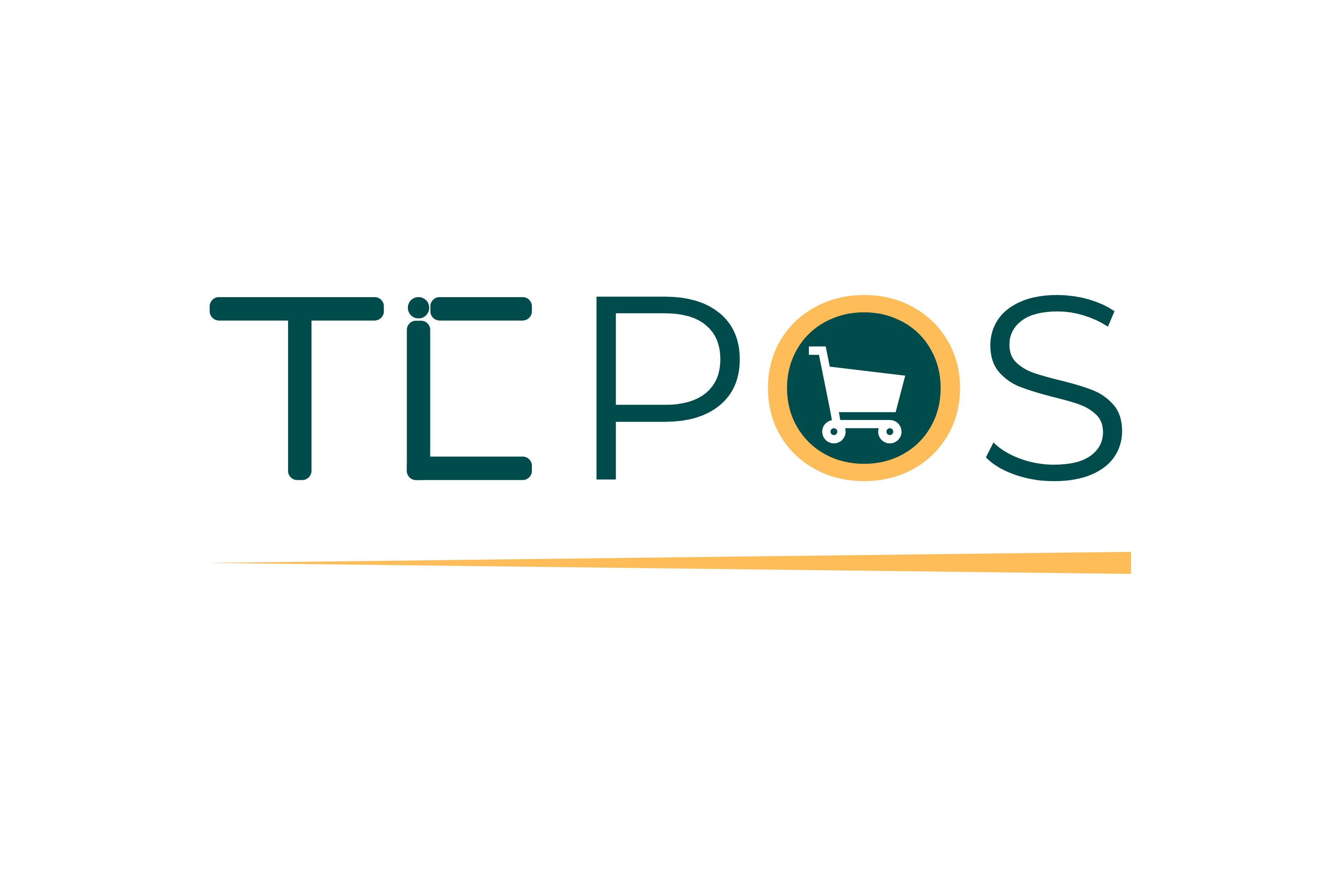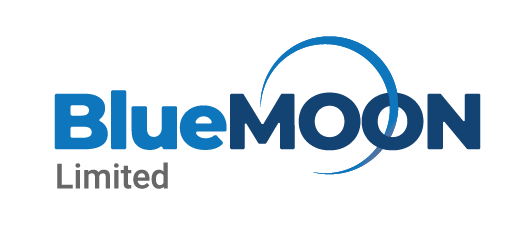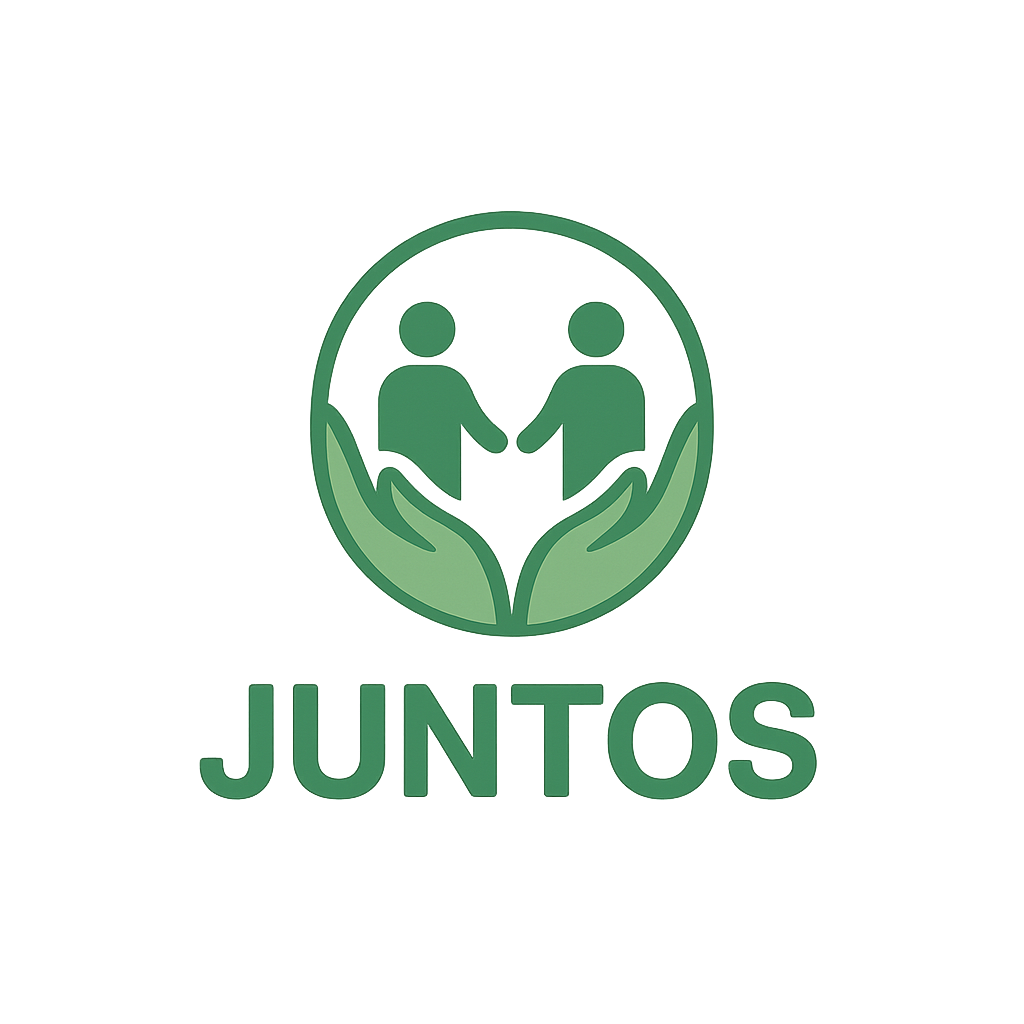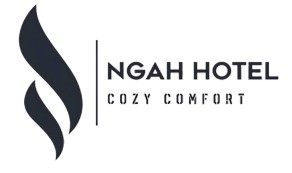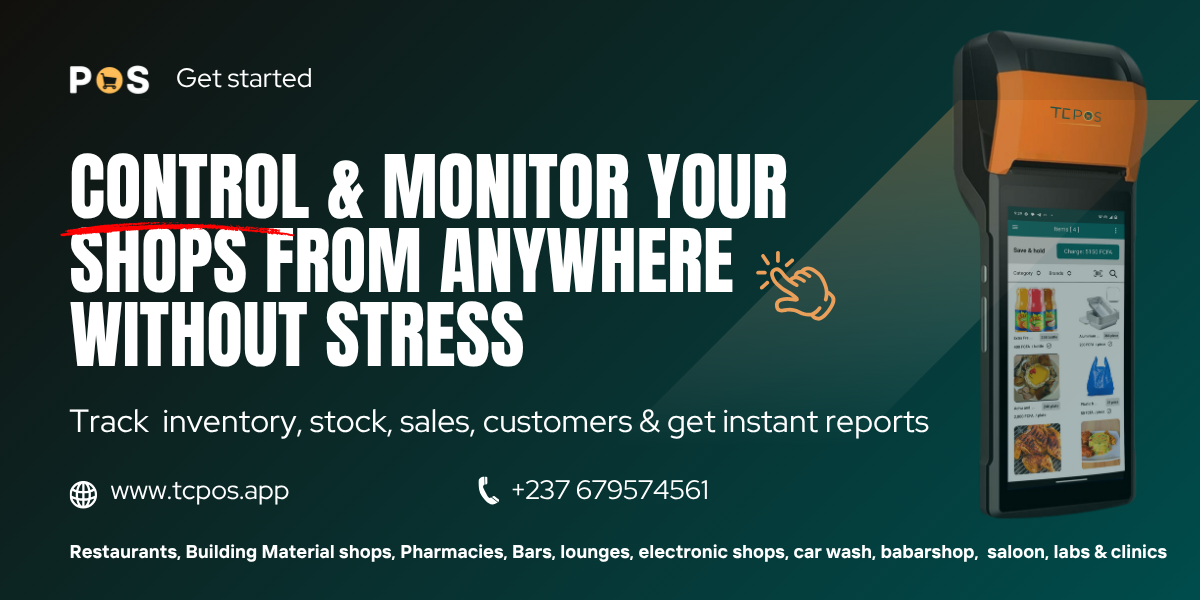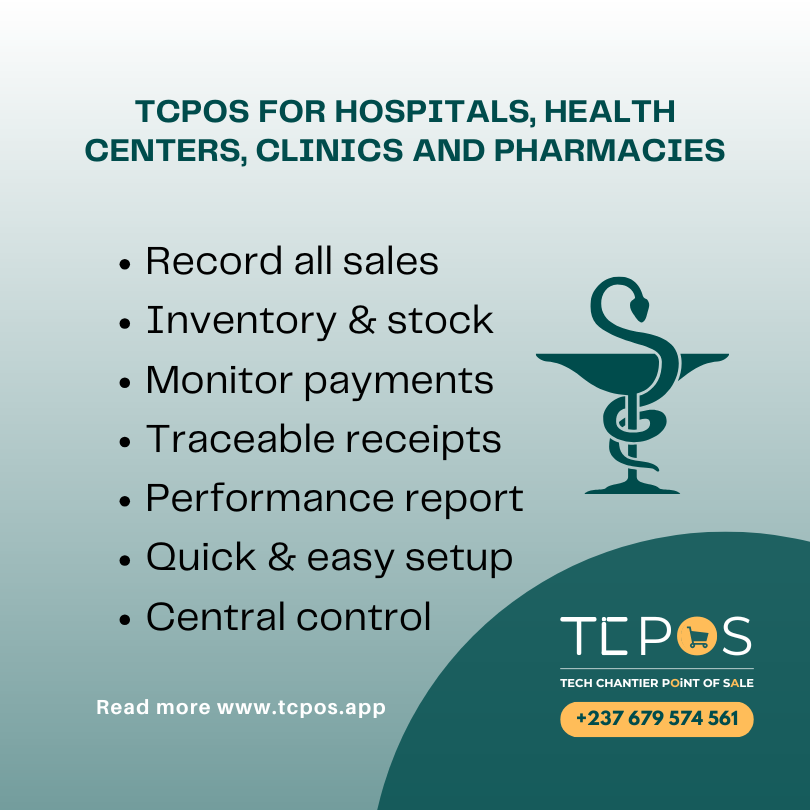
How a hospitals, clinics & health centers can track every franc (Pharmacy, Lab, Consultation) with one POS
The Real Problem Hospitals Face
If you’ve ever worked in or run a hospital, you know how money can slip through the cracks. Patients pay at consultation, again at the lab, then head to the pharmacy. Along the way, receipts get misplaced. At the end of the day, one department says they collected a certain amount, another says something different. Nobody agrees, and the numbers don’t add up.
This isn’t just a small issue. It creates tension. Staff start pointing fingers, accusing each other of mistakes or worse; management is left frustrated, often only hearing about missing money or stock after it’s too late to fix. Meanwhile, patients wait longer, and trust becomes increasingly difficult to find. For a hospital, this can mean real financial loss and damaged reputation.
How the Problem Came About
Most hospitals, health centres and clinics rely on paper receipts, manual logs, and scattered cash points. Each department runs its own small system, often with no central oversight. This setup leaves room for mistakes, missing receipts, and even intentional fraud. As patient numbers grow, the gaps only get wider.
Attempts That Haven’t Worked
Some institutions have attempted to address this issue by hiring additional accountants, purchasing large ledger books, or performing end-of-day reconciliations manually. Some even adopt generic software that isn’t built for a typical African scenario (no light, plenty of moving parts, minimal funds). These attempts often fail because they don’t bring all departments together in one place, rely on the internet and they still depend heavily on human memory and paperwork. The result is more stress, not less.
How TCPoS Fits into a Hospital
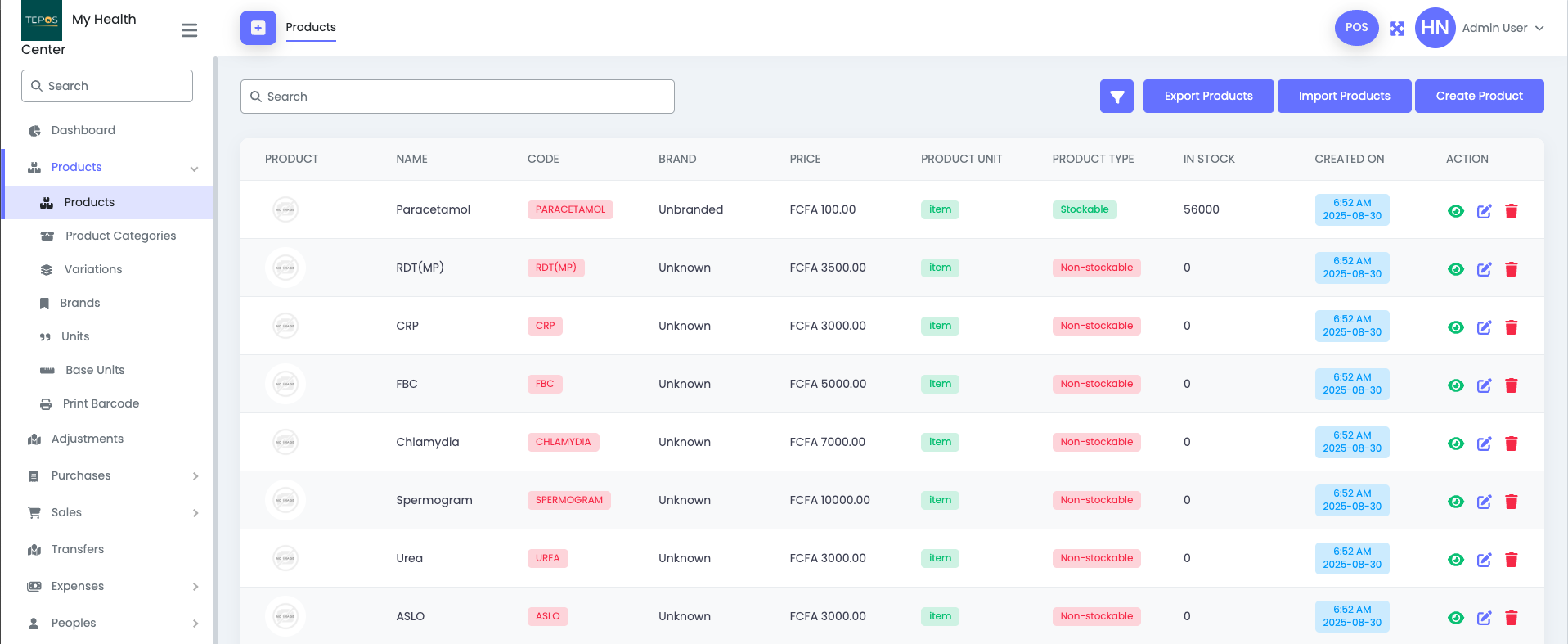
With TCPoS, a hospital or clinic can finally bring in the much-needed order. Here’s how it works:
- Departments Mapped Clearly: You set up one account for the facility, then add all the departments, consultation, pharmacy, lab, radiology, maternity, theater, and even casual sales points.
- Services and Stock Items Registered: Services like consultation or lab tests are registered as non-stock items, so income is tracked but no stock is reduced. Pharmacy items, on the other hand, are registered as stock items with quantities and stock alert (so you never run our of items). Barcodes can be added if available to make checkout easier.
- Staff Roles Defined: Cashiers collect money. Lab techs record services. Pharmacists dispense drugs. Admins and owners see everything from the top, all within one system.
Payment Models That Work in Real Life
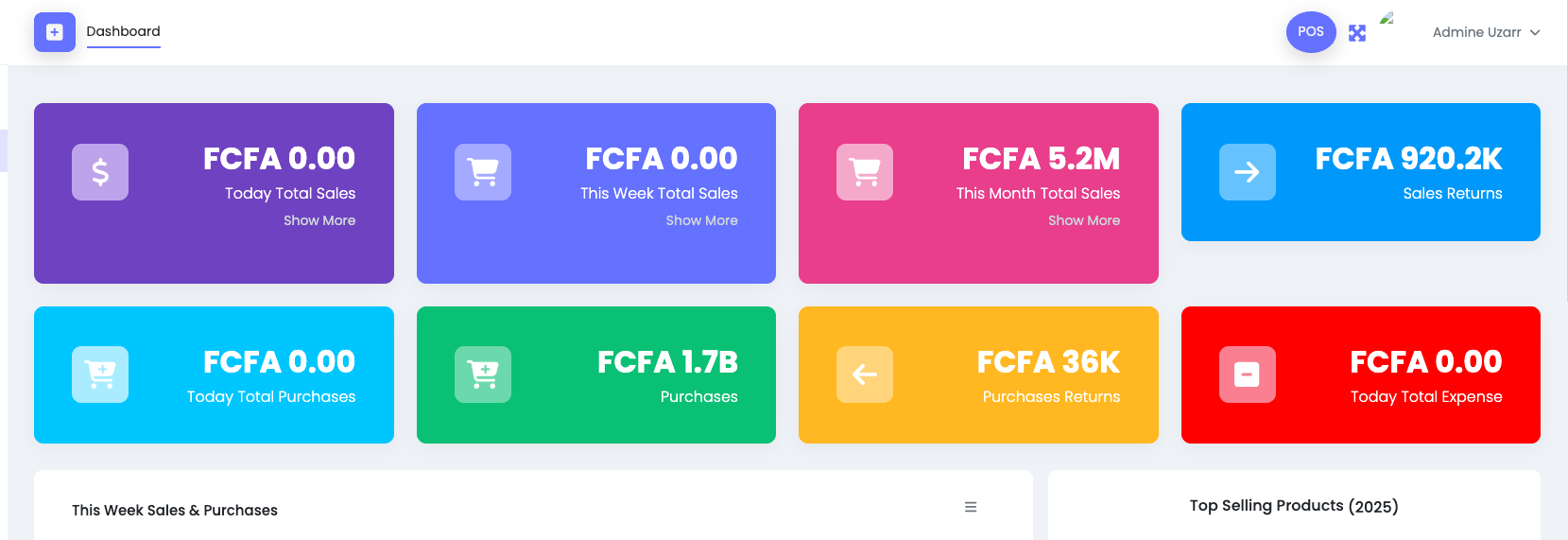
Every hospital is different, and TCPoS allows flexibility:
- Central Cash Desk: All payments are made at one or two points. This makes control easier and reconciliation straightforward.
- Department Tills: Larger hospitals can give each department its own payment desk. Even then, all the records feed back into one dashboard for management. No more running around asking “how much did the lab make today?”
Why Use TCPoS in a Hospital?
Hospitals are not shops, but they face the same challenge of keeping track of money and stock. The difference is that in healthcare the stakes are higher. Losing money or mismanaging supplies can slow treatment, frustrate patients, and break trust. TCPoS was built to solve these problems in a way that makes sense locally. It gives clarity, saves time, and puts management back in control.
Here are the key ways it works:
1. Receipts That Everyone Can Trust
When a patient pays, the system prints two receipts. The patient takes the original. The duplicate stays for hospital records. At the pharmacy or lab, staff check the receipt, stamp it as paid, and deliver the service or drugs. This way, there’s no argument about who paid what. At the end of the day, receipts match the system totals.
2. Bringing Control to the Pharmacy
The pharmacy is usually where the biggest losses happen. TCPoS helps with:
- Stock Recording: Every batch is recorded and logged.
- Automatic Updates: when a drug is sold, stock reduces automatically.
- Stock Alerts: notifications for low stock so you never run out of supplies.
- Reports: See which drugs move quickly, which are slow, and the value of stock in hand. Get daily, weekly and monthly report straight into your WhatsApp
3. Reports That Actually Help
Hospital owners need simple, clear answers:
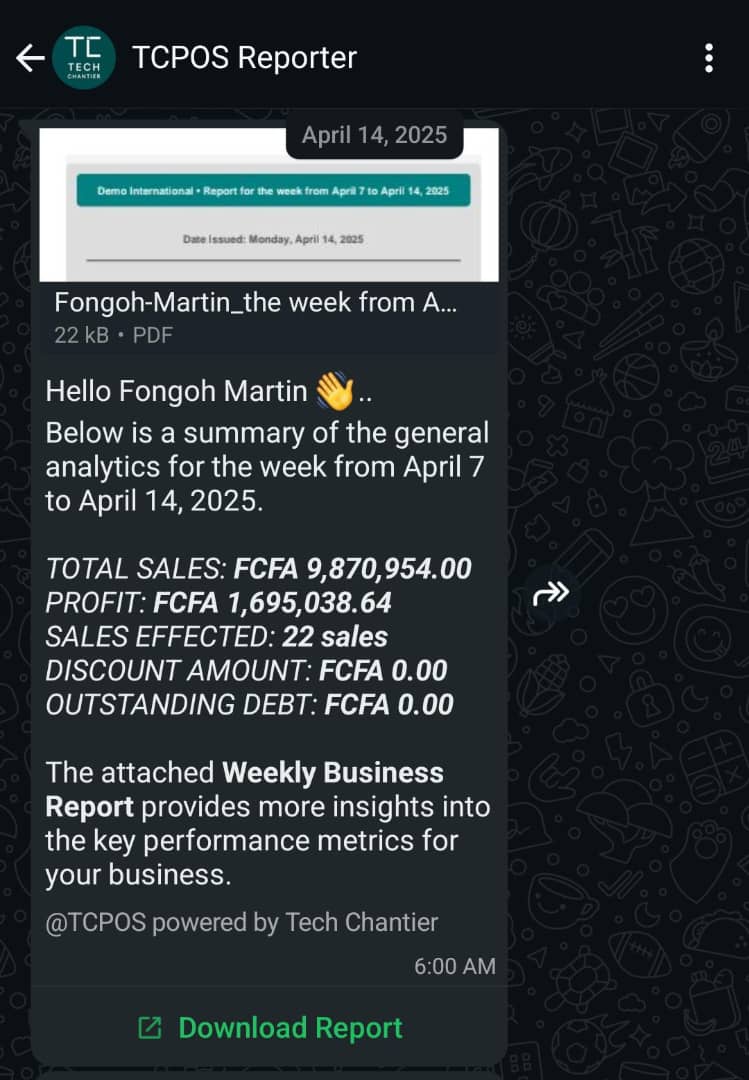
- How much: How much did the lab bring in today, broken down by test type and shift, so managers can see not just totals but where the demand really is?
- Who did what? Which cashier collected the most, and at what times of day, so you can spot peak hours and balance staff accordingly?
- Performance analysis: Which drugs sold fastest this week, with details on quantities, margins, and stock left, so the pharmacy team can plan restocking before running dry?
TCPoS provides these answers instantly, with options to export to Excel or PDF. No more waiting for handwritten reports.
4. Works Online and Offline
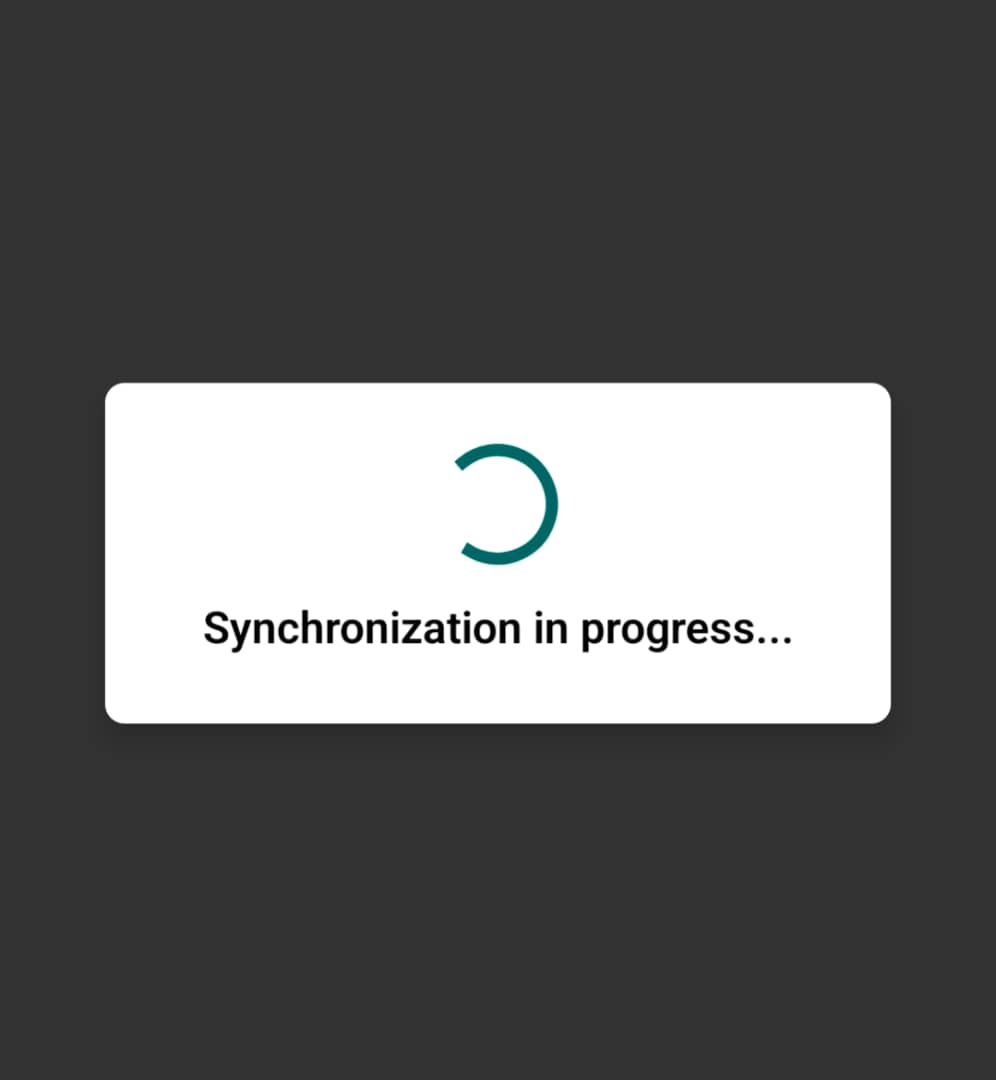
In many towns, internet isn’t always stable. TCPoS keeps working offline and syncs once the connection is back. Whether you are in Douala, Buea, or Bamenda, receipts still print and sales are recorded. Owners can check live numbers on their phone or laptop anytime.
5. Setting Up is Quick
Hospitals don’t have weeks to waste. With TCPoS, setup can happen in one afternoon:
- Create departments.
- Add services and drug lists.
- Set prices and staff roles.
- Run a test day with real patients.
- Train cashiers and heads of unit together, with management present to show support.
What Changes When You Use It
Things get calmer. Lines move faster. Patients argue less at the counter. Staff no longer fight about missing receipts or stock. Managers finally know where the money is coming from and where it’s going. Instead of worrying about losses, they focus on running the hospital and caring for patients.
Common Questions
- Can we use it without barcodes? Yes. Barcodes are optional.
- Can we have multiple printers? Yes. Each department can have its own if needed.
- Can we see all departments on one screen? Yes. The dashboard shows totals at a glance.
- What about refunds? Only authorised staff can process them, and every action leaves a trail.
Final Word
Hospitals need more than paper receipts and verbal promises. They need a system that gives instant clarity and protects every franc. TCPoS does exactly that. It closes the cracks where money and stock disappear, keeps staff accountable, and gives managers the numbers they need in real time. Patients enjoy smoother service, and management regains trust in their own system. The best part, setup takes less than 24 hours, and you can start tracking revenue by tomorrow. Call us today at +237 679 574 561 to get your hospital, clinic, or health centre on TCPoS and take control of your finances now.

